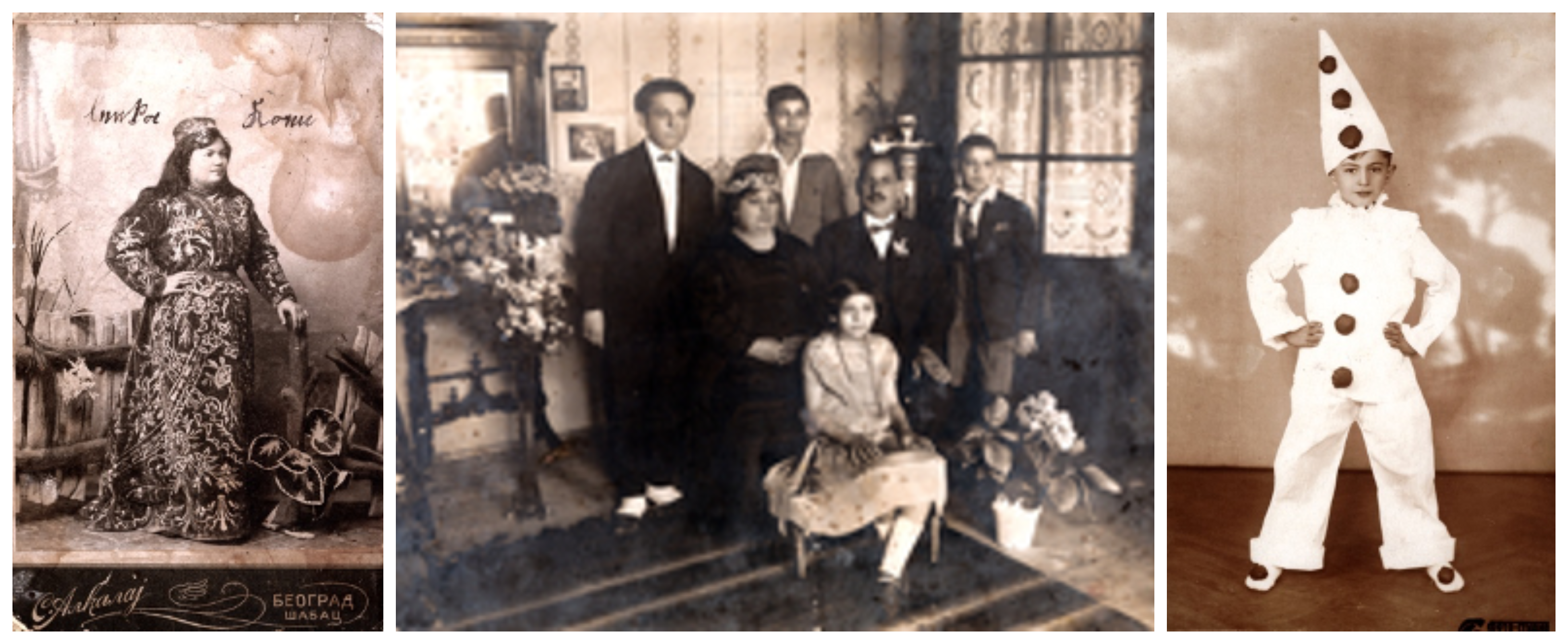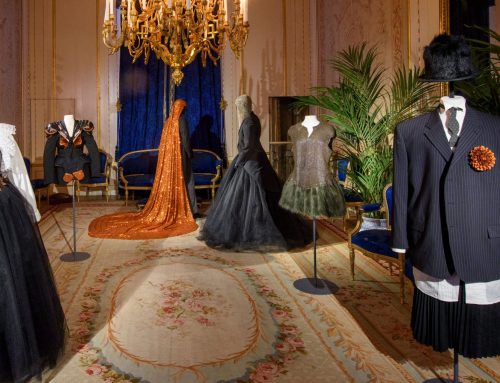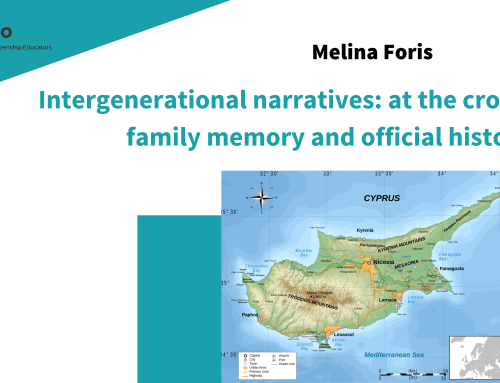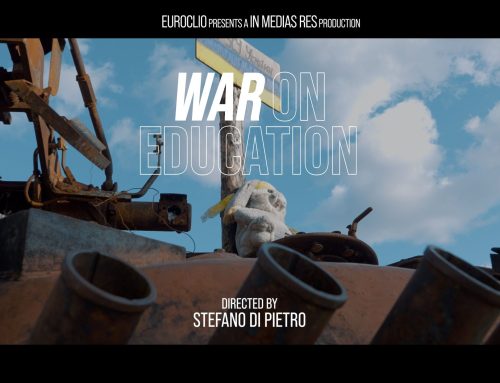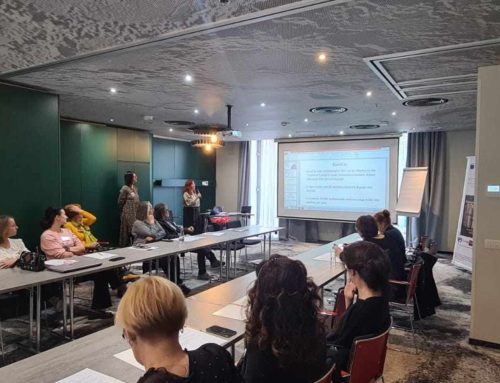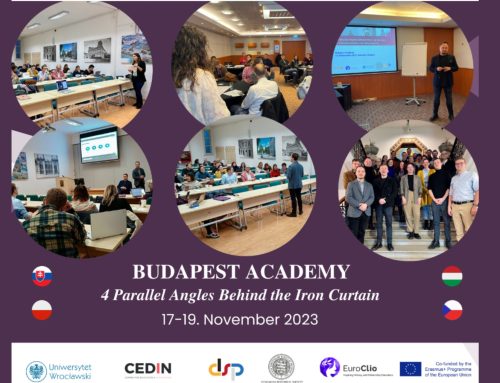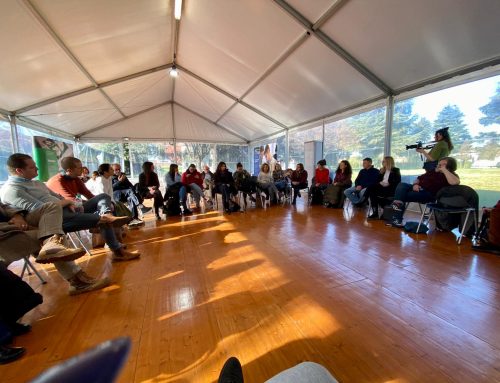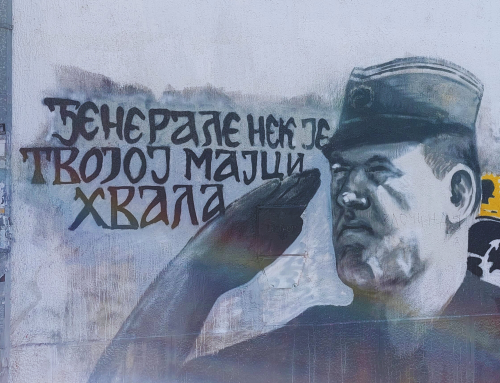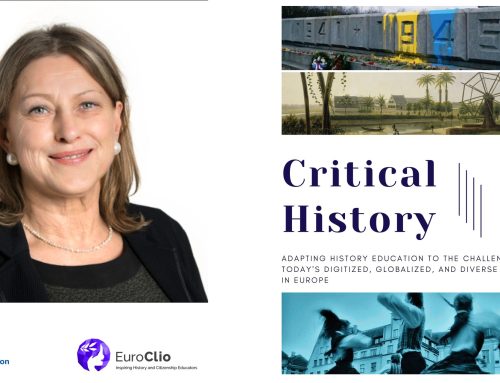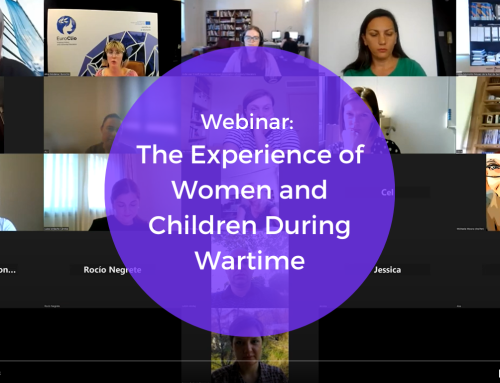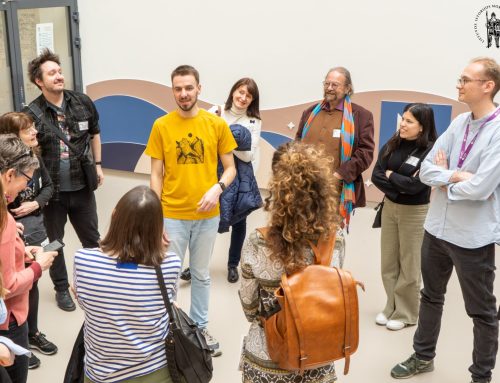“The film is a valentine to a lost Sephardic world, but one that doesn’t shy away from the horrors that destroyed that world.” Lilith Magazine, New York, March 2016
[su_quote]I promise I’ll protect our daughters, no matter what happens. I promise I’ll hide you, no matter who comes looking. I promise if I get out of this alive, the world will know about this priest. [/su_quote]
Backgound: what makes Centropa different
Centropa was founded in 2000 so that they could interview over a thousand elderly Jews still living between the Baltic and the Black Seas and ask them to tell stories about the entire century, just as they lived it.
Centropa was not founded as a Holocaust-interview project. They did not use video in those interviews. Instead, Centropa’s teams spent a decade sitting in 1,200 living rooms in 15 countries, held up 25,000 old family photographs, and asked their respondents to tell stories about the people in those pictures—from the small comedies of everyday life to the great tragedies that befell them.
You can find the English language online database here. It is also available in German, Hungarian, Russian, Ukrainian, Serbian, and other languages. No one had ever captured European Jewish memory in this way before. It is sadly too late to begin such a project now (in 2020).
Using personal stories to bring history to life
That’s why films like the Kalefs of Belgrade is so important. Matilda and Breda Kalef take us into their Sephardic Jewish community in the 1930s to tell us about cousins, aunts and uncles, Jewish holidays and family vacations. And when the Germans invaded Serbia in 1941, their mother hid her giant family photo album, grabbed her daughters and knocked on the door of a church in a nearby suburb.
In October, 1944, they returned from hiding to find their home wrecked but the photo album still there. Everyone in those photos, however—from babies to great grandmothers–had all been murdered, including all those pictured above.
This is the story Centropa tells in the award-winning film, Three Promises, which has now been shown in six international film festivals.
Teachers — and students — love this film because
- very few of us have ever seen Holocaust-related stories about Balkan Sephardic families;
- even fewer have seen photographs of Sephardic women dressed in traditional costume;
- and most important, this is a film with a strong moral and ethical core to it: of reaching out, leaning in, and saving a life.
There’s a punchline to Three Promises: Father Andrej Tumpej, the priest who saved their lives, always told Breda Kalef she had a lovely voice and she really should do something with it. And did she ever!
Watch the film here:
[su_youtube url=”https://youtu.be/vnoJrWwngaA”]

